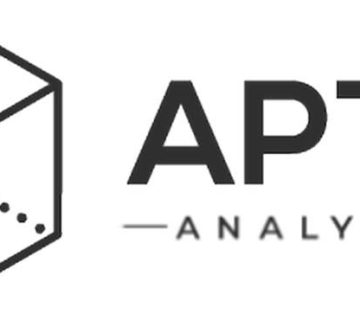With the U.S. Securities and Exchange Commission (SEC) launching a full offensive against crypto this year, an ongoing lawsuit against one of the agency’s first industry targets – Ripple – remains as prevalent as ever.
Given recent developments, many parties close to the case believe the court’s ruling may be imminent. How might the result of the Ripple v. SEC lawsuit affect the crypto market and regulatory landscape as a whole?
Let’s dive in.
Recap: Ripple v. SEC
In December 2020, the SEC charged Ripple and its two top executives – CEO Brad Garlinghouse and former CEO Chris Larsen – with conducting a $1.3 billion unregistered securities offering in the form of XRP, dating back to 2013.
The lawsuit caused the price of XRP to plummet at the time, and incited many crypto exchanges to delist the asset to remain compliant with federal securities laws.
Ripple didn’t back down, however. According to Garlinghouse, the company has spent roughly $200 million defending itself from the SEC’s allegations. The company’s core argument is that XRP itself is not a security or investment contract, but a digital currency used to facilitate cross-border payments.
Garlinghouse expressed confidence last month that the case could be approaching its conclusion within a few weeks – implying its resolution could be announced any day now.
Who is Correct?
Thus far, U.S. Congress hasn’t passed any legislation clarifying how crypto assets ought to be classified under the law – whether as securities or commodities.
The country’s chief market regulators – the SEC and Commodities and Futures Trading Commission (CFTC) – are at odds on the subject, with the former seemingly believing that all cryptos besides Bi
Go to Source to See Full Article
Author: Andrew Throuvalas





